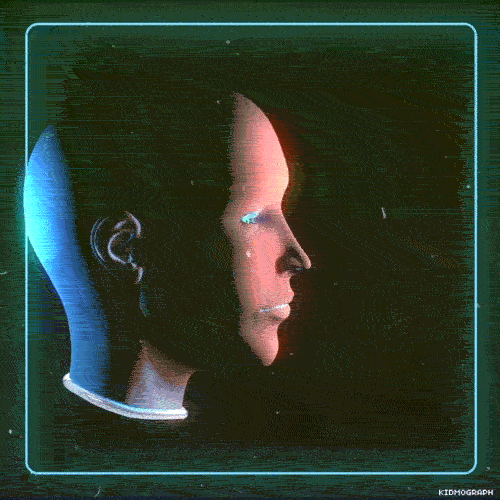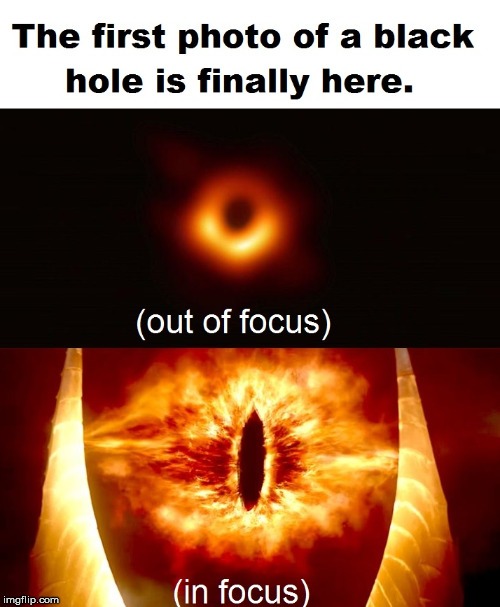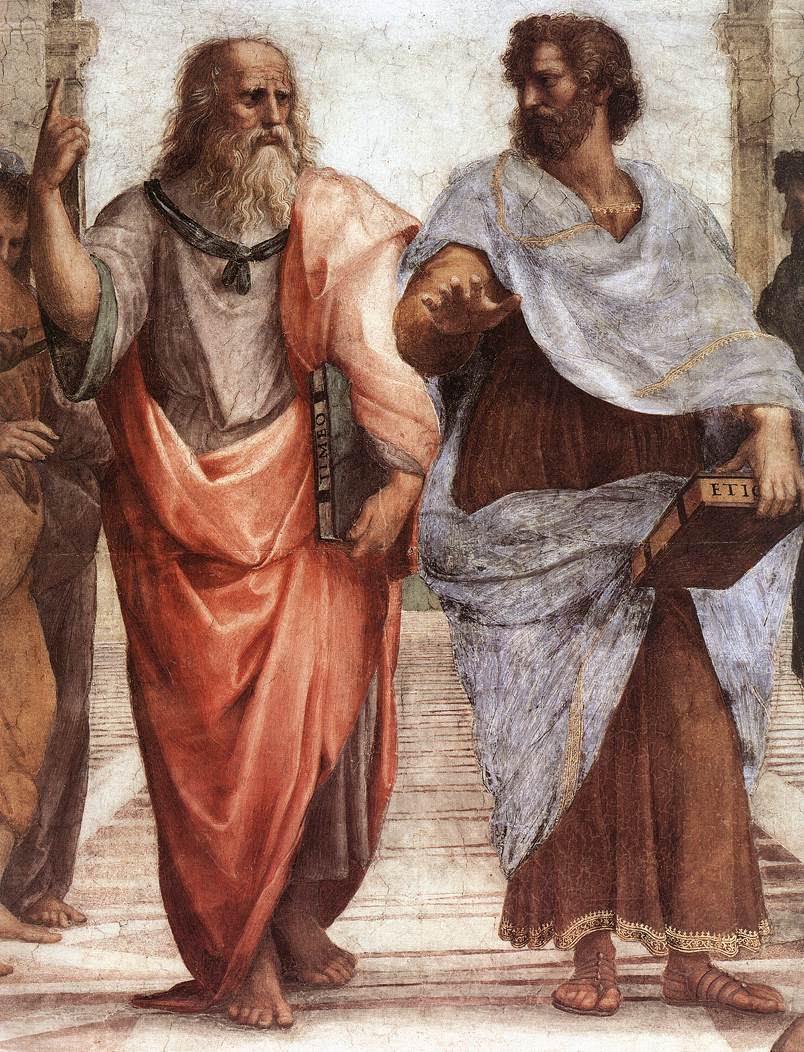The commission say that “it has collected and communicated facts sufficiently important to induce it to think that the Academy should encourage the researches on magnetism as a very curious branch of psychology and natural history.” The committee conclude by saying that the facts are so extraordinary that they scarcely imagine that the Academy will concede their reality, but protest that they have been throughout animated by motives of a lofty character, “the love of science and by the necessity of justifying the hopes which the Academy had entertained of our zeal and our devotion.”
Their fears were fully justified by the conduct of at least one member of their own number, who had absented himself from the experiments, and, as M. Husson tells us, “did not deem it right to sign the report.”
Page 176
This was Magendie, the physiologist, who, despite the fact stated by the official report that he had not “been present at the experiments,” did not hesitate to devote four pages of his famous work on Human Physiology to the subject of mesmerism, and after summarizing its alleged phenomena, without endorsing them as unreservedly as the erudition and scientific acquirements of his fellow committee-men would seem to have exacted, says: “Self-respect and the dignity of the profession demand circumspection on these points. He [the well-informed physician] will remember how readily mystery glides into charlatanry, and how apt the profession is to become degraded even by its semblance when countenanced by respectable practitioners.” No word in the context lets his readers into the secret that he had been duly appointed by the Academy to serve on the commission of 1826; had absented himself from its sittings; had so failed to learn the truth about mesmeric phenomena, and was now pronouncing judgment ex parte. “Self-respect and the dignity of the profession” probably exacted silence!
Thirty-eight years later, an English scientist, whose specialty is the investigation of physics, and whose reputation is even greater than that of Magendie, stooped to as unfair a course of conduct. When the opportunity offered to investigate the spiritualistic phenomena, and aid in taking it out of the hands of ignorant or dishonest investigators, Professor John Tyndall avoided the subject; but in his Fragments of Science, he was guilty of the ungentlemanly expressions which we have quoted in another place.
But we are wrong; he made one attempt, and that sufficed. He tells us, in the Fragments, that he once got under a table, to see how the raps were made, and arose with a despair for humanity, such as he never felt before! Israel Putnam, crawling on hand and knee to kill the she-wolf in her den, partially affords a parallel by which to estimate the chemist’s courage in groping in the dark after the ugly truth; but Putnam killed his wolf, and Tyndall was devoured by his! “Sub mensa desperatio” should be the motto on his shield.
Speaking of the report of the committee of 1824, Dr. Alphonse Teste, a distinguished contemporaneous scientist, says that it produced a great impression on the Academy, but few convictions: “No one could question the veracity of the commissioners, whose good faith as well as great knowledge were undeniable, but they were suspected of having been dupes. In fact, there are certain unfortunate truths which compromise those who believe in them, and those especially who are so candid as to avow them publicly.” How true this is, let the records of history, from the earliest times to this very day, attest. When Professor Robert Hare announced the preliminary results of his spiritualistic investigations, he,
Page 177
albeit one of the most eminent chemists and physicists in the world, was, nevertheless, regarded as a dupe. When he proved that he was not, he was charged with having fallen into dotage; the Harvard professors denouncing “his insane adherence to the gigantic humbug.”
When the professor began his investigations in 1853, he announced that he “felt called upon, as an act of duty to his fellow-creatures, to bring whatever influence he possessed to the attempt to stem the tide of popular madness, which, in defiance of reason and science, was fast setting in favor of the gross delusion called Spiritualism.” Though, according to his declaration, he “entirely coincided with Faraday’s theory of table-turning,” he had the true greatness which characterizes the princes of science to make his investigation thorough, and then tell the truth. How he was rewarded by his life-long associates, let his own words tell. In an address delivered in New York, in September, 1854, he says that “he had been engaged in scientific pursuits for upwards of half a century, and his accuracy and precision had never been questioned, until he had become a spiritualist; while his integrity as a man had never in his life been assailed, until the Harvard professors fulminated their report against that which he knew to be true, and which they did not know to be false.”

Moe is the founder of GnosticWarrior.com. He is a father, husband, author, martial arts black belt, and an expert in Gnosticism, the occult, and esotericism.





